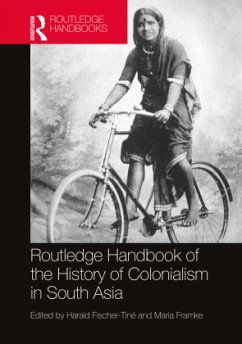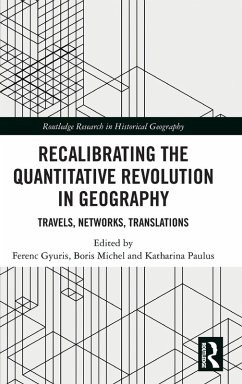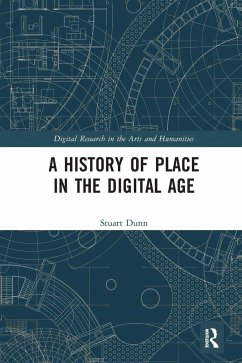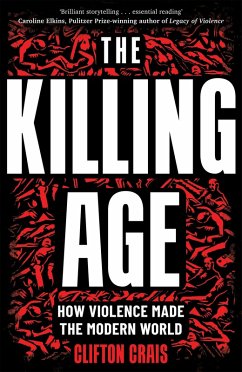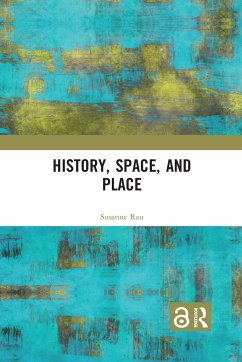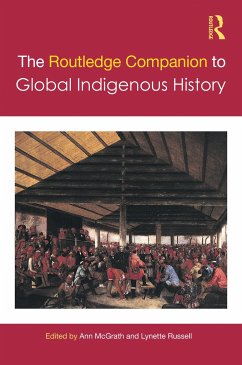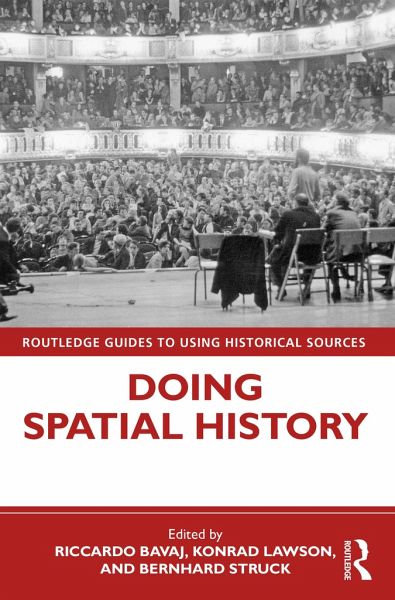
Doing Spatial History
Versandkostenfrei!
Versandfertig in 6-10 Tagen
41,99 €
inkl. MwSt.
Weitere Ausgaben:

PAYBACK Punkte
21 °P sammeln!
This volume provides a practical introduction to spatial history through the lens of the different primary sources that historians use. It is informed by a range of analytical perspectives and conveys a sense of the various facets of spatial history in a tangible, case-study based manner.The chapter authors hail from a variety of fields, including early modern and modern history, architectural history, historical anthropology, economic and social history, as well as historical and human geography, highlighting the way in which spatial history provides a common forum that facilitates discussion...
This volume provides a practical introduction to spatial history through the lens of the different primary sources that historians use. It is informed by a range of analytical perspectives and conveys a sense of the various facets of spatial history in a tangible, case-study based manner.
The chapter authors hail from a variety of fields, including early modern and modern history, architectural history, historical anthropology, economic and social history, as well as historical and human geography, highlighting the way in which spatial history provides a common forum that facilitates discussion across disciplines. The geographical scope of the volume takes readers on a journey through central, western, and east central Europe, to Russia, the Mediterranean, the Ottoman Empire, and East Asia, as well as North and South America, and New Zealand. Divided into three parts, the book covers particular types of sources, different kinds of space, and specific concepts, tools and approaches, offering the reader a thorough understanding of how sources can be used within spatial history specifically but also the different ways of looking at history more broadly.
Very much focusing on doing spatial history, this is an accessible guide for both undergraduate and postgraduate students within modern history and its related fields.
The chapter authors hail from a variety of fields, including early modern and modern history, architectural history, historical anthropology, economic and social history, as well as historical and human geography, highlighting the way in which spatial history provides a common forum that facilitates discussion across disciplines. The geographical scope of the volume takes readers on a journey through central, western, and east central Europe, to Russia, the Mediterranean, the Ottoman Empire, and East Asia, as well as North and South America, and New Zealand. Divided into three parts, the book covers particular types of sources, different kinds of space, and specific concepts, tools and approaches, offering the reader a thorough understanding of how sources can be used within spatial history specifically but also the different ways of looking at history more broadly.
Very much focusing on doing spatial history, this is an accessible guide for both undergraduate and postgraduate students within modern history and its related fields.






